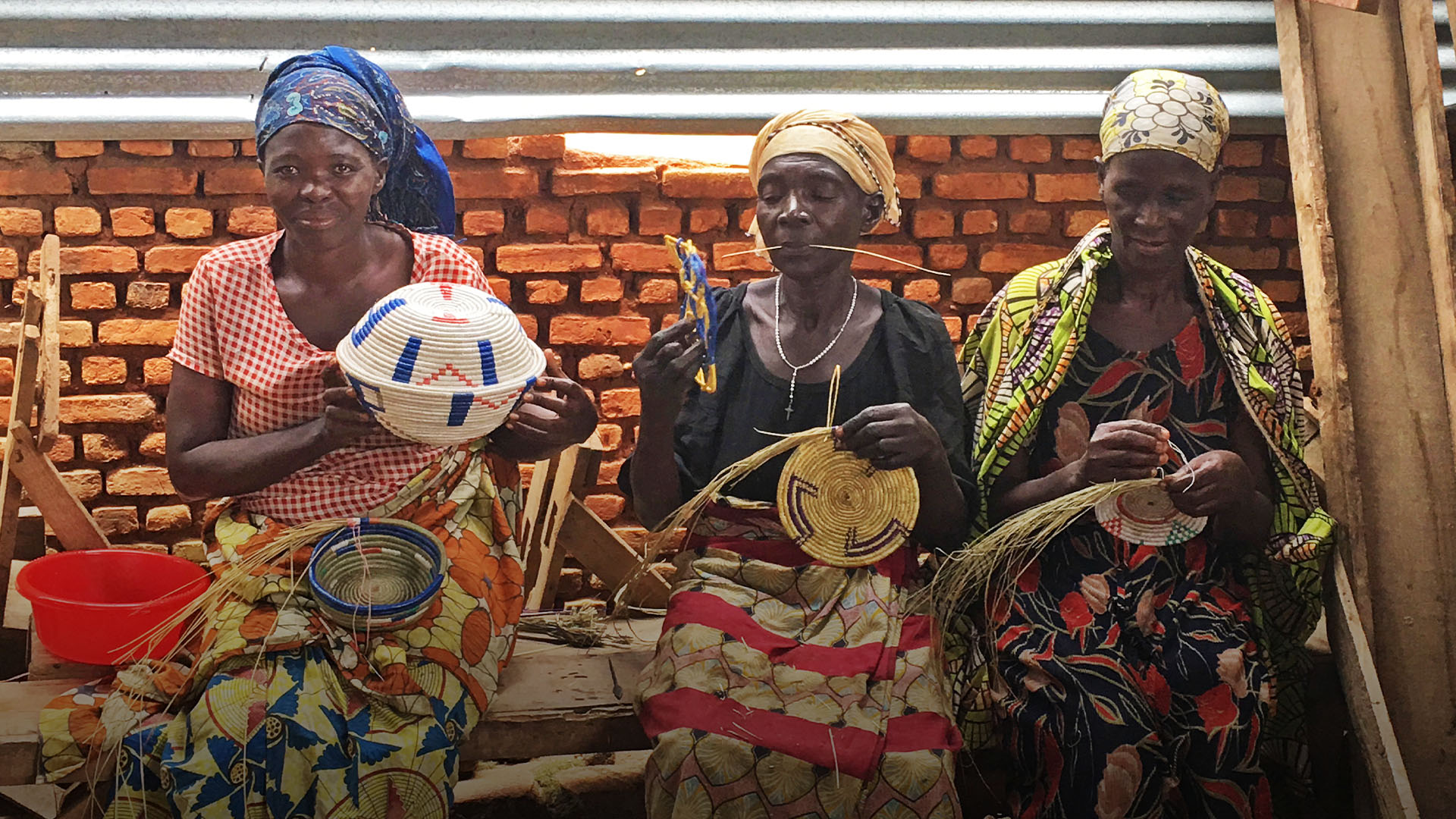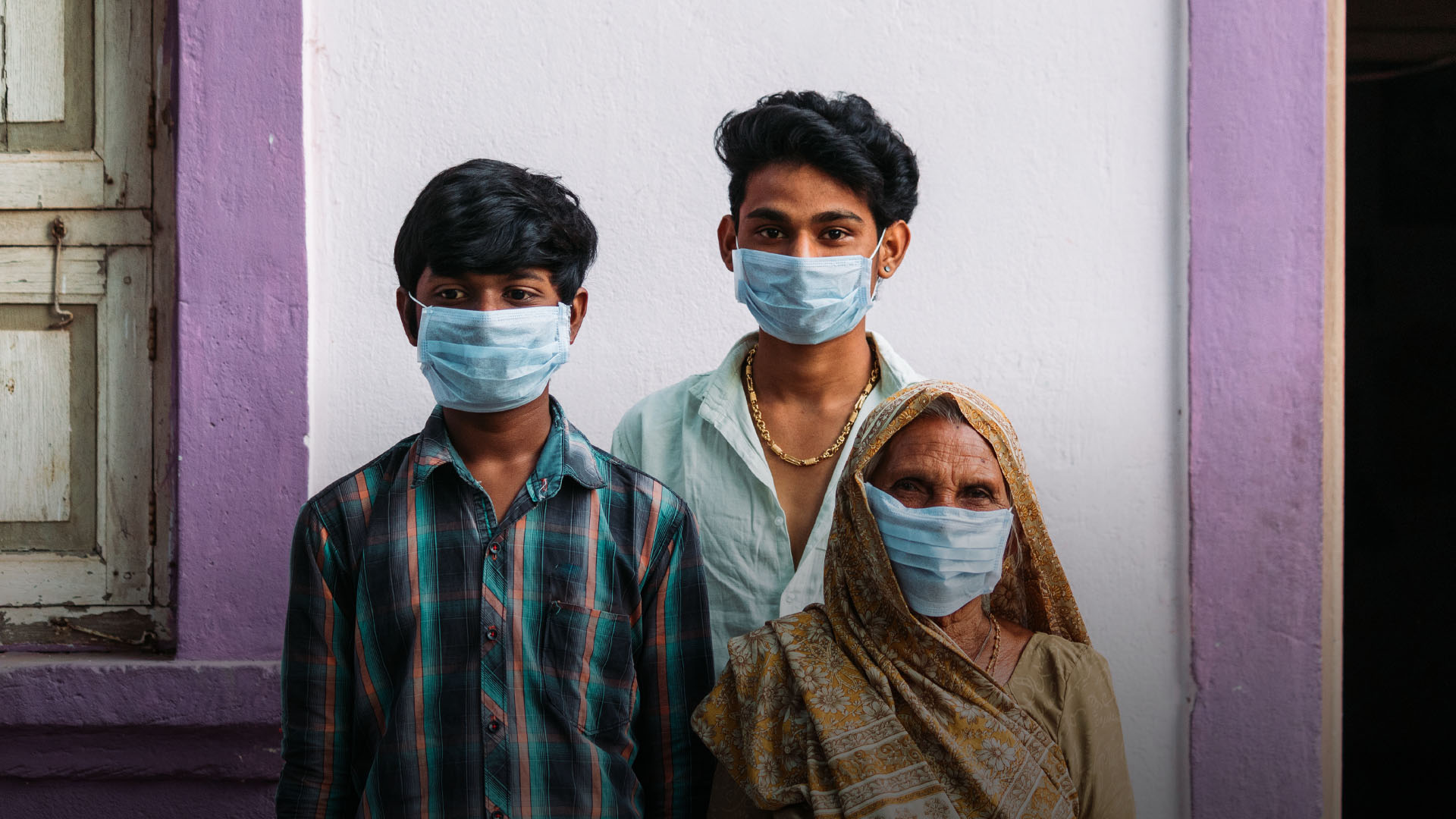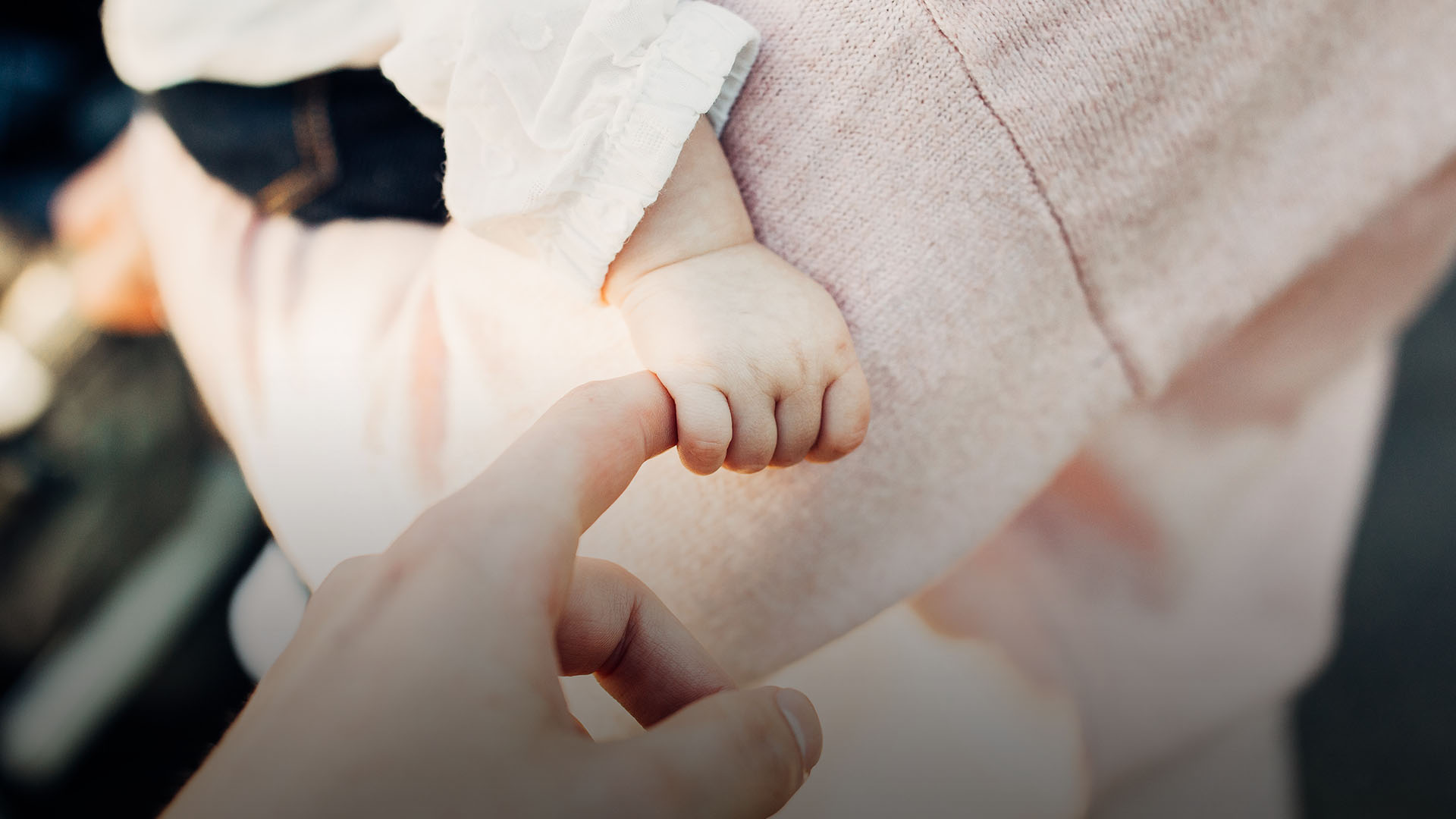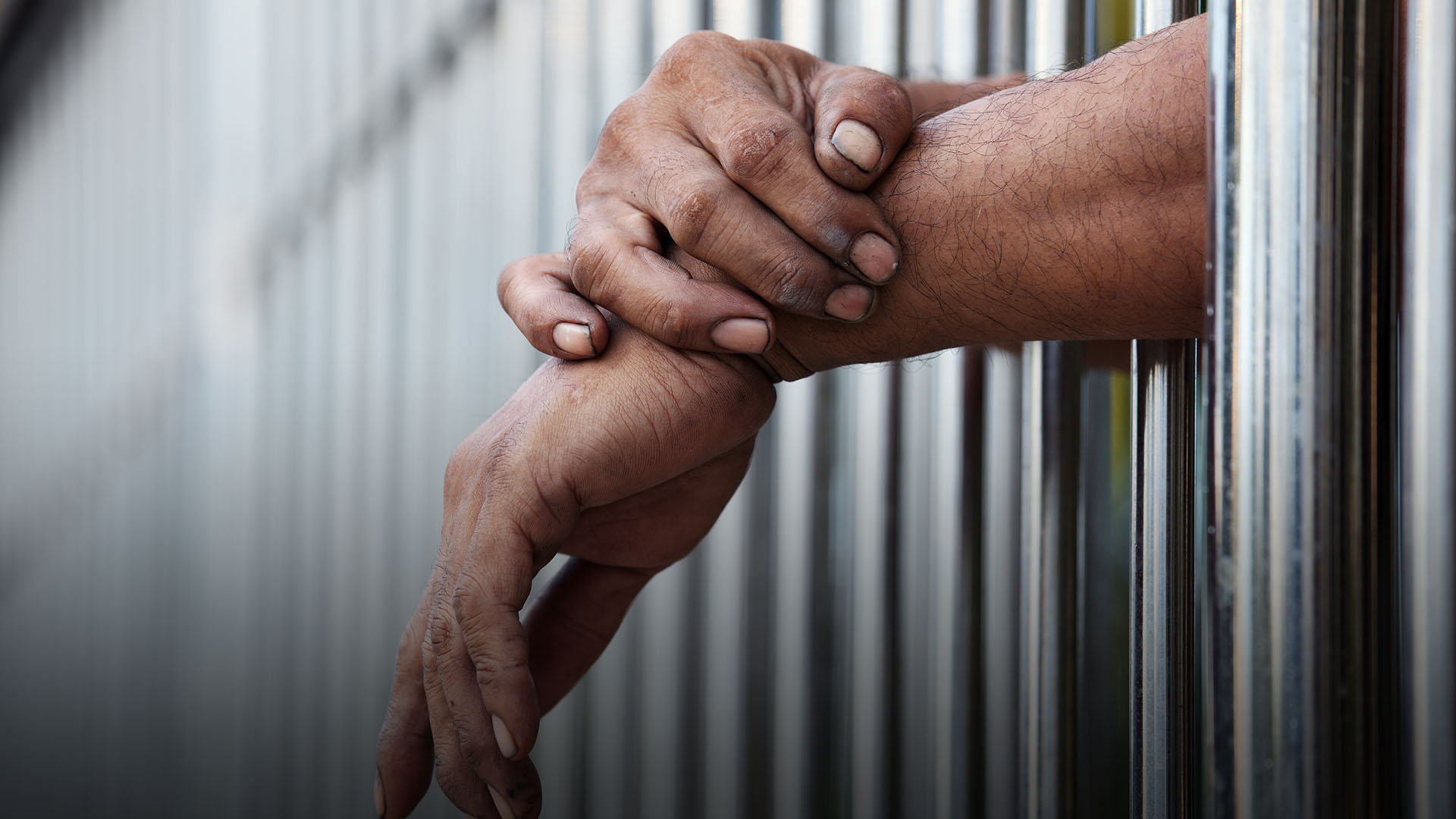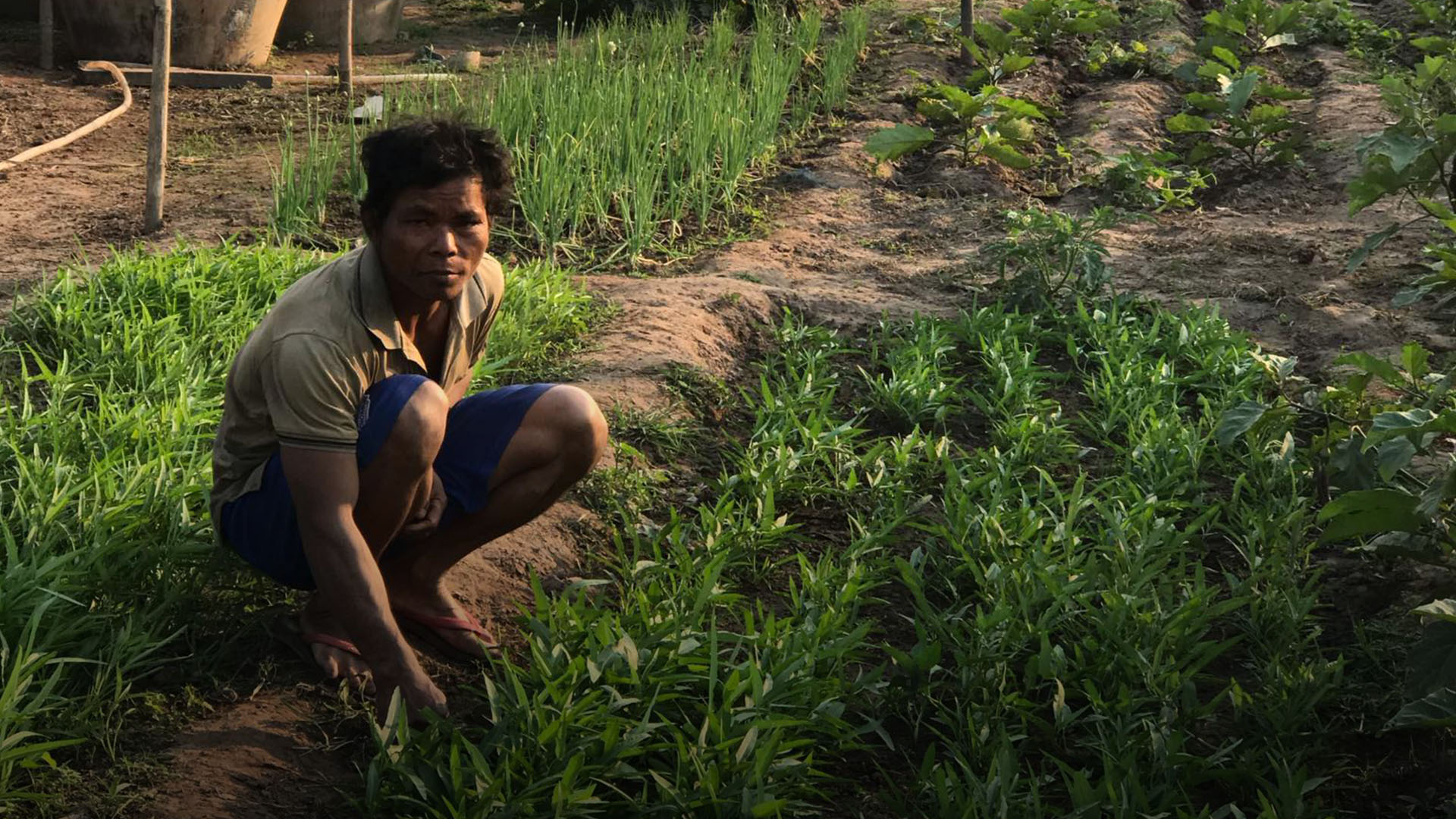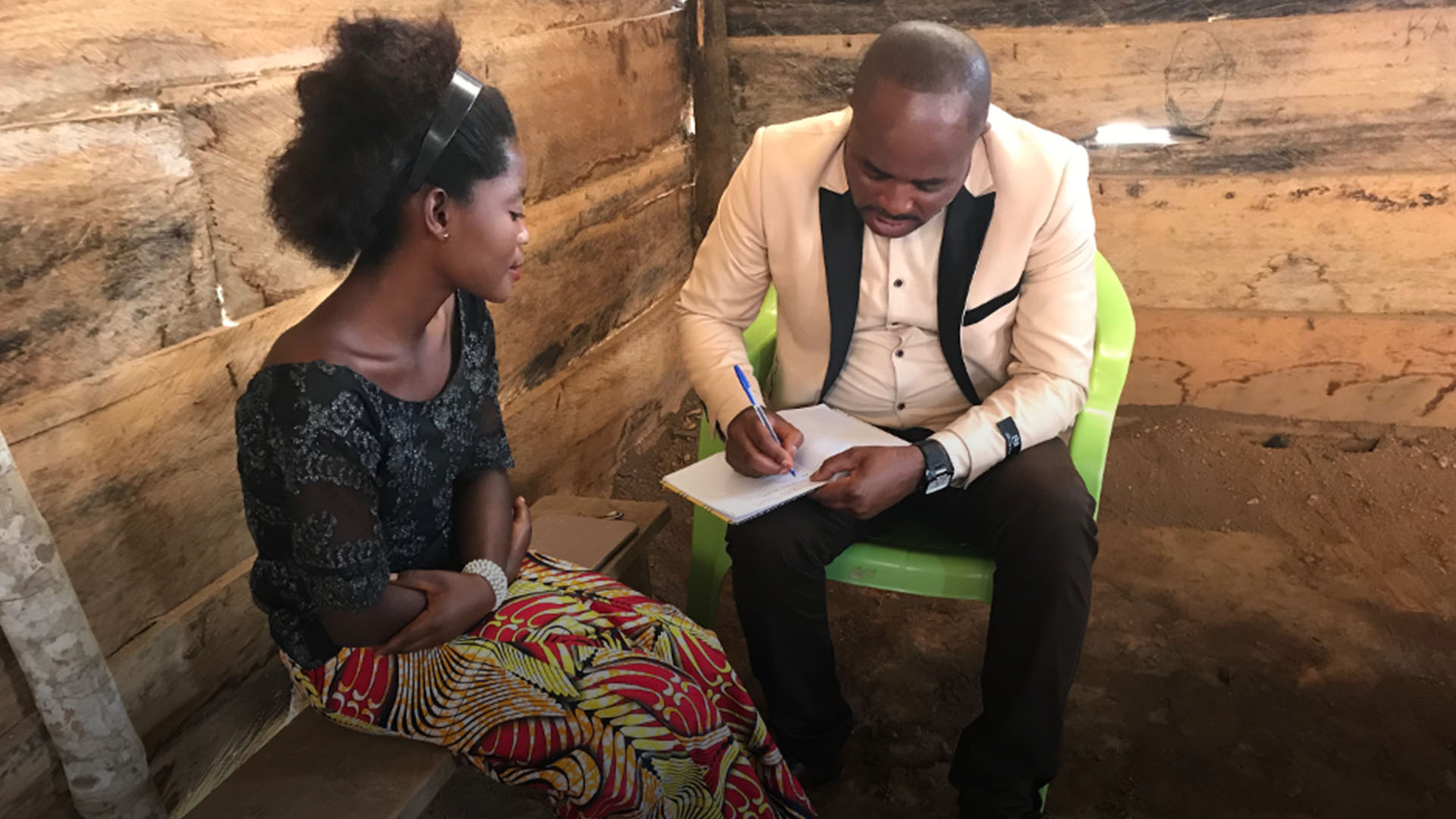Loving in Deed and in Truth
World Challenge believes that caring for people’s most basic needs like food can be the most loving thing we do when they cry out for help.
The Bible speaks regularly and strongly about how God’s people are to care for those who are less fortunate, and it’s clear that we are meant to care for each other in times of need.

